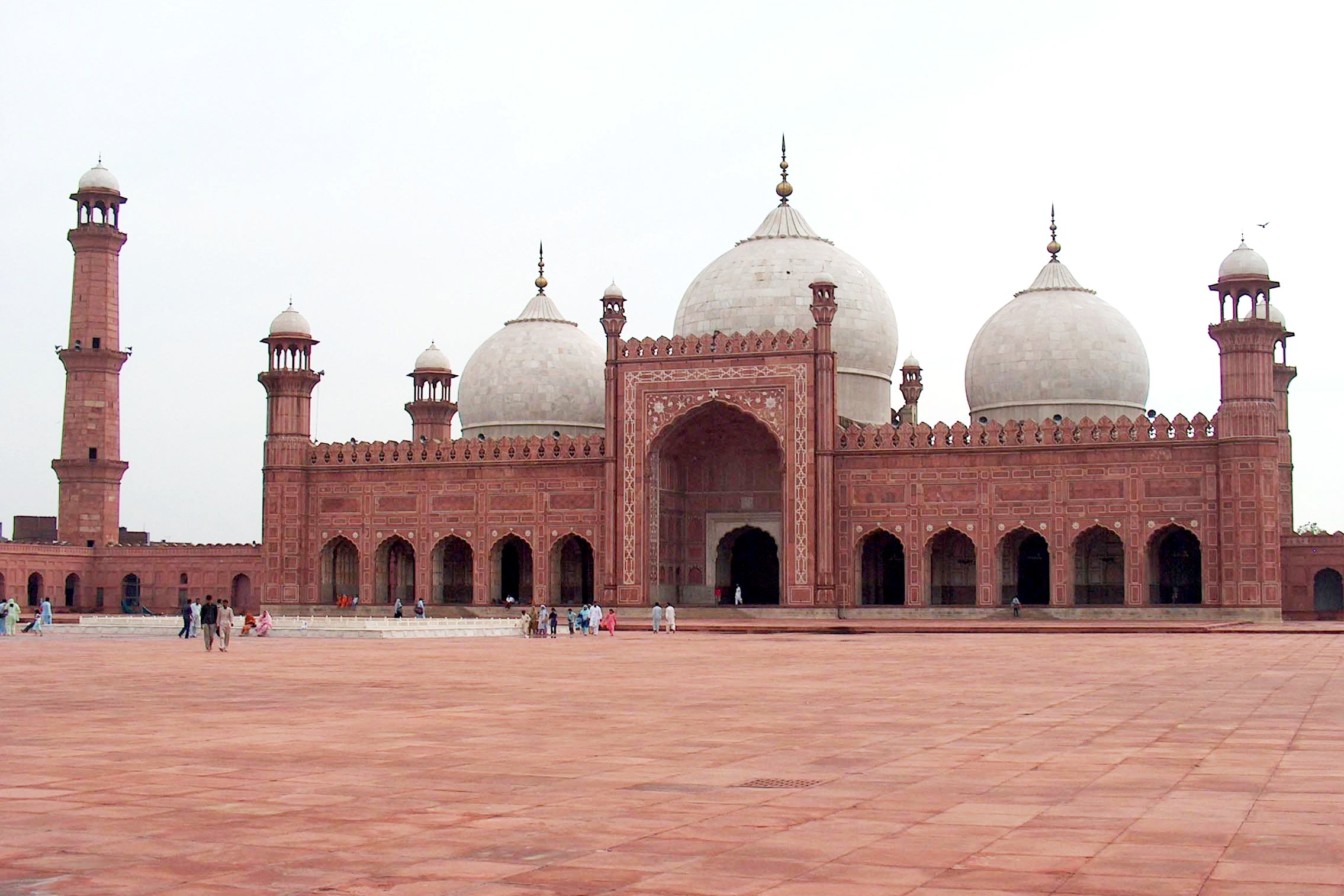of Islamic jurisprudence, who argue that non-Muslims may not be allowed into mosques under any circumstances.
The Qur'an addresses the subject of non-Muslims, and particularly polytheists, in mosques in two verses in its ninth chapter, Sura At-Tawba. The seventeenth verse of the chapter prohibits those who join gods with Allah — polytheists — from entering mosques:
- It is not for such as join gods with Allah, to visit or maintain the mosques of Allah while they witness against their own souls to infidelity. The works of such bear no fruit: In Fire shall they dwell. (Yusuf Ali [Qur'an 9:17])
The twenty-eighth verse of the same chapter is more specific as it only considers polytheists in the Sacred Mosque, the Masjid al-Haram in Mecca:
- O ye who believe! Truly the Pagans are unclean; so let them not, after this year of theirs, approach the Sacred Mosque. And if ye fear poverty, soon will Allah enrich you, if He wills, out of His bounty, for Allah is All-knowing, All-wise. (Yusuf Ali [Qur'an 9:28])
According to Ahmad ibn Hanbal, these verses were followed to the letter at the times of Muhammad, when Jews and Christians, considered monotheists, were still allowed to the Masjid al-Haram. However, the Umayyad caliph Umar II later forbade non-Muslims from entering mosques, and his ruling remained in practice in Saudi Arabia. Today, the decision on whether non-Muslims should be allowed to enter mosques varies. With few exceptions, mosques in the Arabian peninsula as well as Morocco do not allow entry to non-Muslims. For example, the Hassan II Mosque in Casablanca is one of only two mosques in Morocco currently open to non-Muslims. However, there are also many other places in the west as well as the Islamic world where non-Muslims are welcome to enter mosques. Most mosques in the United States, for example, report receiving non-Muslim visitors every month. Many Mosques throughout the United States welcome non-Muslims as a sign of openness to the rest of the community as well as to e ncourage conversions to Islam.
ncourage conversions to Islam.
In modern-day Saudi Arabia, the Grand Mosque and all of Mecca are open only to Muslims. Likewise, the Masjid al-Nabawi and the city of Medina that surrounds it are also off-limits to those who do not practice Islam. For mosques in other areas, it has most commonly been taken that non-Muslims may only enter mosques if granted permission to do so by Muslims and if they have a legitimate reason. All entrants regardless of religious affiliation are expected to respect the rules and decorum for mosques.
In modern Turkey non-Muslim tourists are allowed to enter any mosque, but there are some strict rules. Visiting a mosque is allowed only between prayers; visitors are required to wear long trousers and not to wear shoes, women must cover their heads; visitors are not allowed to interrupt praying Muslims, especially by taking photos of them; no loud talk is allowed; and no references to other religions are allowed (no crosses on necklaces, no cross gestures etc.)
At different times and places, non-Muslims living under Muslim rule were required to demonstrate deference to mosques. In most cities of Morocco, Jews were required to remove their shoes when passing by a mosque. Danish traveler Carsten Niebuhr wrote that in 18th century Egypt "Jews and Christians had to dismount before several mosques in veneration of their sanctity."
No comments:
Post a Comment